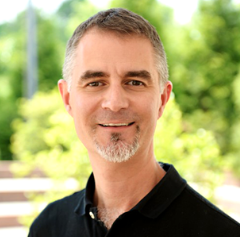Dr. Daniel Wilson
Daniel Wilson is the Director of Project Zero at the Harvard Graduate School of Education (HGSE). He is a Principal Investigator at Project Zero, a Lecturer at HGSE, and the Educational Chair for Harvard’s “Learning Environments for Tomorrow” Institute, a collaboration between HGSE and Harvard Graduate School of Design. His teaching and writing explore the socio-psychological tensions – dilemmas of knowing, trusting, leading, and belonging – that are inherent in adult collaborative learning across a variety of contexts. Specifically, he focuses on how groups navigate these tensions through language, routines, roles, and artifacts.
In 2000, Daniel co founded HGSE’s Learning Innovations Laboratory (LILA), an interdisciplinary professional learning community that facilitates cross-organizational learning on contemporary challenges of human development and change in organizations. He co-authored the book, Visible Learners: Promoting Reggio-Inspired Approaches in All Schools (Jossey-Bass, 2013) which shares the research lessons from the Making Learning Visible project, a 13-year collaboration with schools in Reggio Emilia, Italy and K-12 schools in the United States.
Daniel also is currently directing the Leading Learning that Matters project, a multi-year collaboration with 25 independent schools in Victoria, Australia that aims to document 21st century learning and leadership practices. His co-authored book, Learning at Work (2005), outlines practices that support formal and informal learning in the workplace. Since 2015, Daniel has co-directed the Pedagogy of Play project, a collaboration between Project Zero and the LEGO Foundation that cultivates school cultures that value and support learning through play. From 2006-2011 he was a fellow at IDEO, an acclaimed design company, where he researched how design teams at IDEO develop learning and leadership behaviors—such as help-seeking and feedback-giving—as part of their professional practice.
Since joining Project Zero as a researcher in 1993, Daniel has also participated on projects such as: Teaching for Understanding (1993-1996), Understanding for Organizations (1996-1999), Teaching for Understanding in Universities (1996-1999), Wide World Project (1999-2002), Project-based Learning in After Schools Project (2000- 2002), the Storywork Project with the International Storytelling Institute (2002-2004), the Making Learning Visible project (2008-2011), and Making Learning and Thinking Visible in Italian Secondary Schools (2017-2019).
Keynote: Leading Innovation in Education: How Beliefs, Practices, and Systems Support Change Description
Around the world many schools are radically reshaping the goals, processes and outcomes of education. What should students learn in today’s (and tomorrow’s) world? How can schools provide better support for the development of every learner? What evidence of learning matters most?
For over 50 years, Project Zero at the Harvard Graduate School of Education has collaborated closely with educators on these questions – in scales ranging from entire nations to individual classrooms. This talk will share lessons learned and strategies from Project Zero’s work, including tools for how to surface beliefs about learning, amplifying developmental practices, and rethinking the systems that create forces that shape learning.
Preconference: Designing Spaces for Learning
How can schools and classrooms be physically designed to support learning? In recent decades research from the learning sciences has led to fundamental shifts in conceptions of learning. However, many small renovations and large school building projects continue to be planned using outdated models of learning. This pre-conference workshop will share four research-based shifts in conceptions of learning and illustrative examples of classrooms and schools that are designed to support these shifts.
Participants will get hands-on experiences with tools and processes developed from a decade of work at Harvard’s Learning Environment for Tomorrow Institute, used to evaluate and guide effective design for learning. The goal of this talk will be to equip school leaders, educators and designers to better lead physical changes in their school that aligns with learning science research.





